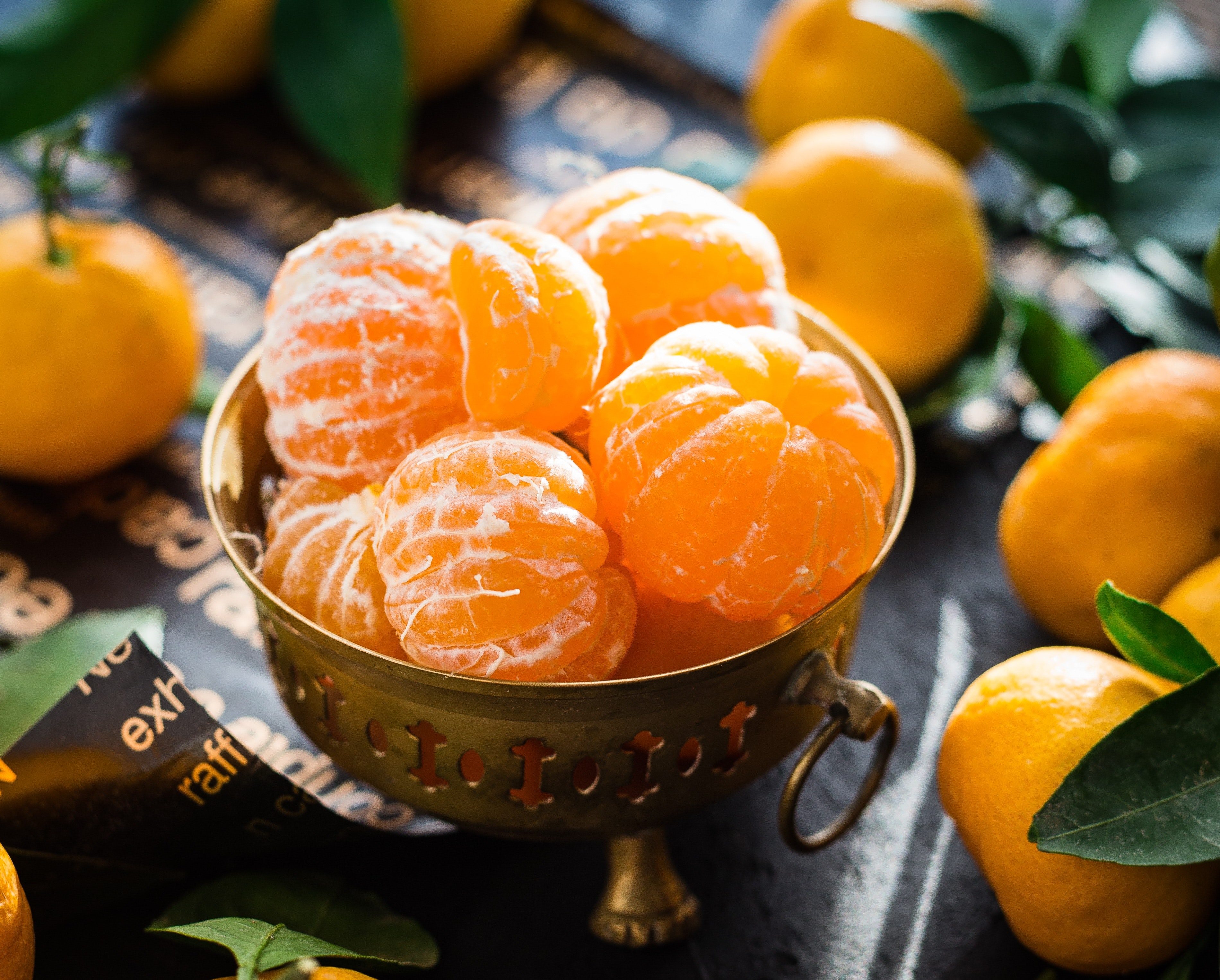
I learned this today. Vitamins are organic compounds that our bodies cannot produce on their own but that we need to live.
Vitamins are organic molecules that we need in small amounts. They all serve different purposes in our bodies. There are 13 different vitamins. They are A, B1, B2, B3, B5, B6, B7, B9, B12, C, D, E, and K.
The first vitamin was discovered in 1913 and the last one in 1948. A biochemist called Casimir Funk came up with the name vitamine. He combined vital and amine to get the word. Vital because they are necessary for life and amine because he thought they were amines. An amine is a compound that has a basic nitrogen atom and a lone pair of electrons. When it was discovered that vitamin C wasn’t an amine, the name was shortened to vitamin.
When the vitamins were being named, the list went from A to K, but many of them were found not to be vitamins and were reclassified, leaving the names to appear random. The B numbered vitamins were all originally thought to be one vitamin that was called vitamin B, but it turned out that it was actually several different vitamins.
So, what are vitamins and what do they do? When vitamins were first discovered, scientists thought that they were all amines and very similar. It turns out that they are not all similar and they have many different functions. Vitamins are generally made by plants and fungi. Plants make vitamins as part of the photosynthesis process. We are unable to make most vitamins, so we have to eat the plants to get them. We can produce one vitamin. We can produce vitamin D if we have exposure to sunlight. Ultraviolet radiation goes through the skin and makes vitamin D from 7-DHC (a type of cholesterol).
We use vitamins to build our bodies, keep our immune system working, heal wounds, and maintain the body. We use them to build muscle and bone, make use of the nutrients we eat, and to capture and use energy. They do this by coenzymes that help enzymes release the energy from food. Without vitamins, we slowly fall apart. An example of this is the scurvy that befell many sailors when all they had to eat was hardtack.
There are two basic kinds of vitamins. These are water-soluble and fat-soluble. Water-soluble vitamins come from the watery parts of fruit and they go very quickly into our blood. They are carried all around the body, used, and then removed by the liver. We lose them daily through urine or sweat, so we have to constantly replenish our supplies. Vitamin C and the B vitamins are water-soluble.
Fat-soluble vitamins come from oily fish, dairy products, eggs, beef liver, and things like that. Water-soluble vitamins are broken down very quickly, but fat-soluble ones are broken down much more slowly. They go into our stomachs and intestines where they are broken down by bile. They are absorbed and attached to proteins, which carry them around the body. Fat-soluble proteins are stored in the body with fats and we don’t need to replenish them daily.
What does each vitamin do? Vitamin A is involved in the maintenance of bones, soft tissue, skin, and teeth.
Vitamin B1 enables the body to take energy from carbohydrates. It is necessary for heart and nerve function.
Vitamin B2 is vital for the production of red blood cells and body growth.
Vitamin B3 is also known as niacin and is important for keeping the skin healthy, keeping the nerves working, and removing cholesterol.
Vitamin B5 is for metabolizing fatty acids, proteins, and carbohydrates.
Vitamin B6 is for breaking down proteins, creating red blood cells, and maintaining the nerves.
Vitamin B7 is also used to metabolize proteins and carbohydrates, but it also helps with the production of hormones and cholesterol.
Vitamin B9 also helps to produce red blood cells but it is vital for the production of DNA.
Vitamin B12 helps make red blood cells and maintain the nervous system.
Vitamin C keeps the teeth and gums healthy while also helping with wound healing.
Vitamin D helps the body absorb calcium and maintain proper levels of calcium and phosphorous in the blood.
Vitamin E helps protect cell membranes from damage and helps with the formation of red blood cells.
Vitamin K is vital for blood coagulation and it helps maintain bone health.
So, vitamins come from different places and do different things in our bodies, but they are all vital. We cannot produce most of them ourselves. Without them, we suffer many illnesses and could even die. However, nobody who eats a regular diet has a vitamin deficiency. Vitamin supplements are unnecessary. And this is what I learned today.
Photo by Pixabay: https://www.pexels.com/photo/close-up-of-fruits-in-bowl-327098/
Sources:
https://ed.ted.com/lessons/what-s-the-value-of-vitamins-ginnie-trinh-nguyen
https://medlineplus.gov/minerals.html
https://www.medicalnewstoday.com/articles/195878#supplements
https://www.centrum.com/learn/articles/how-supplements-work/how-do-vitamins-work/
https://en.wikipedia.org/wiki/Mineral_(nutrient)
https://en.wikipedia.org/wiki/Vitamin
https://www.centrum.sg/expert-corner/health-blog/how-do-vitamins-work/
http://www.madehow.com/Volume-3/Vitamin.html

[…] eat, drink, or have injected into us goes to the liver in the end. The liver removes toxins, stores nutrients, and keeps the sugar in our blood stream constant. Without the liver we would simply shut down and […]